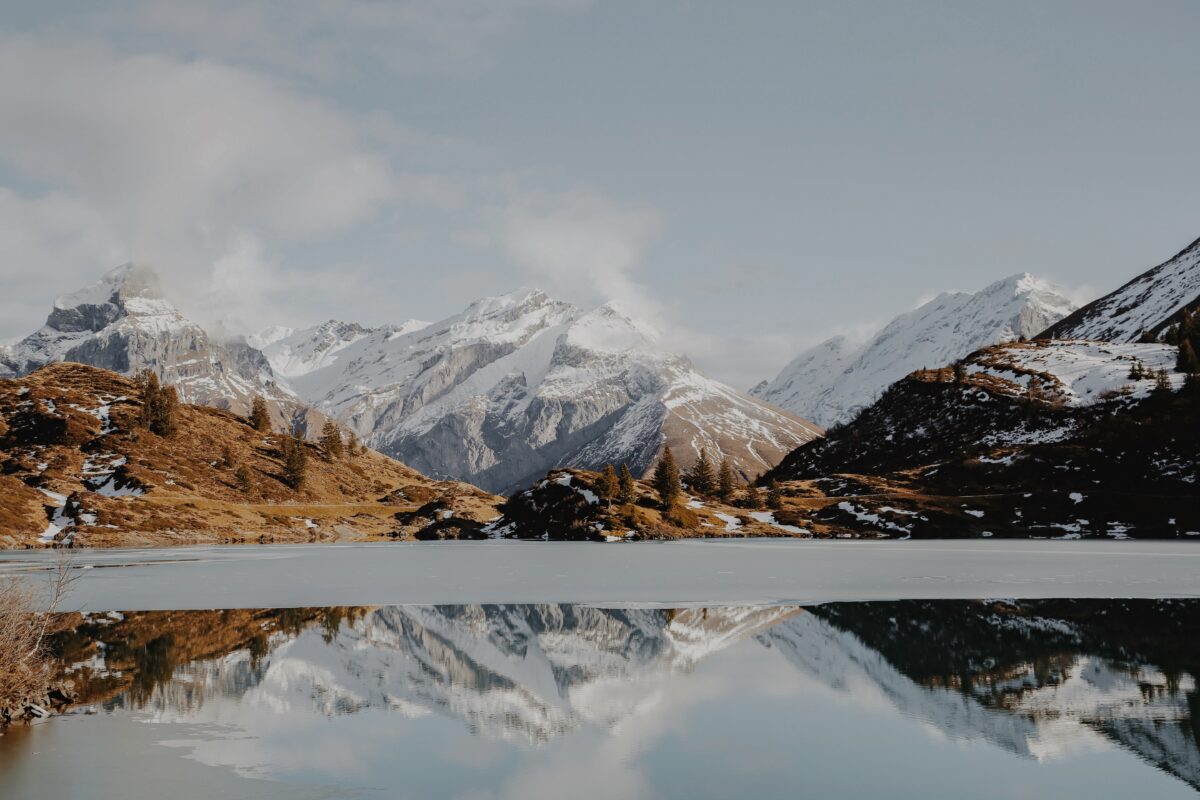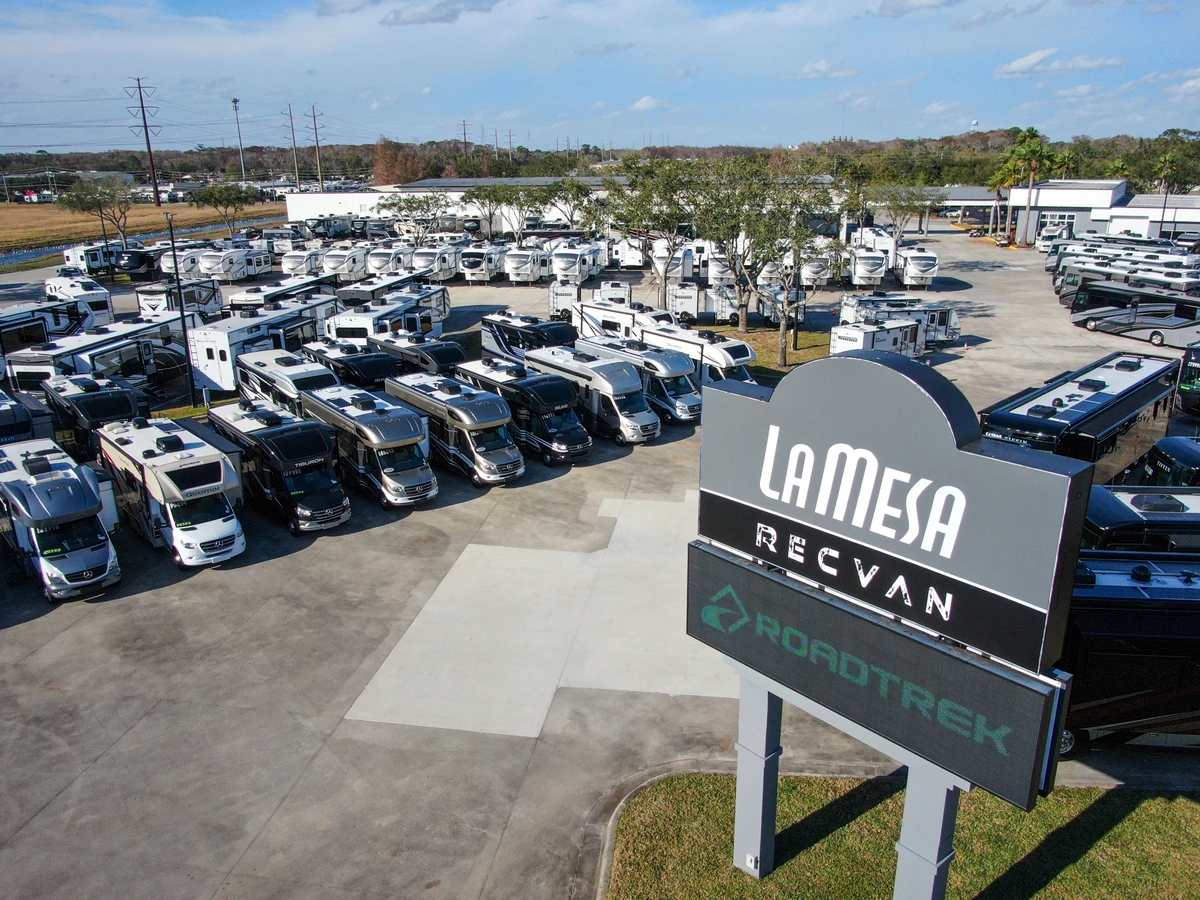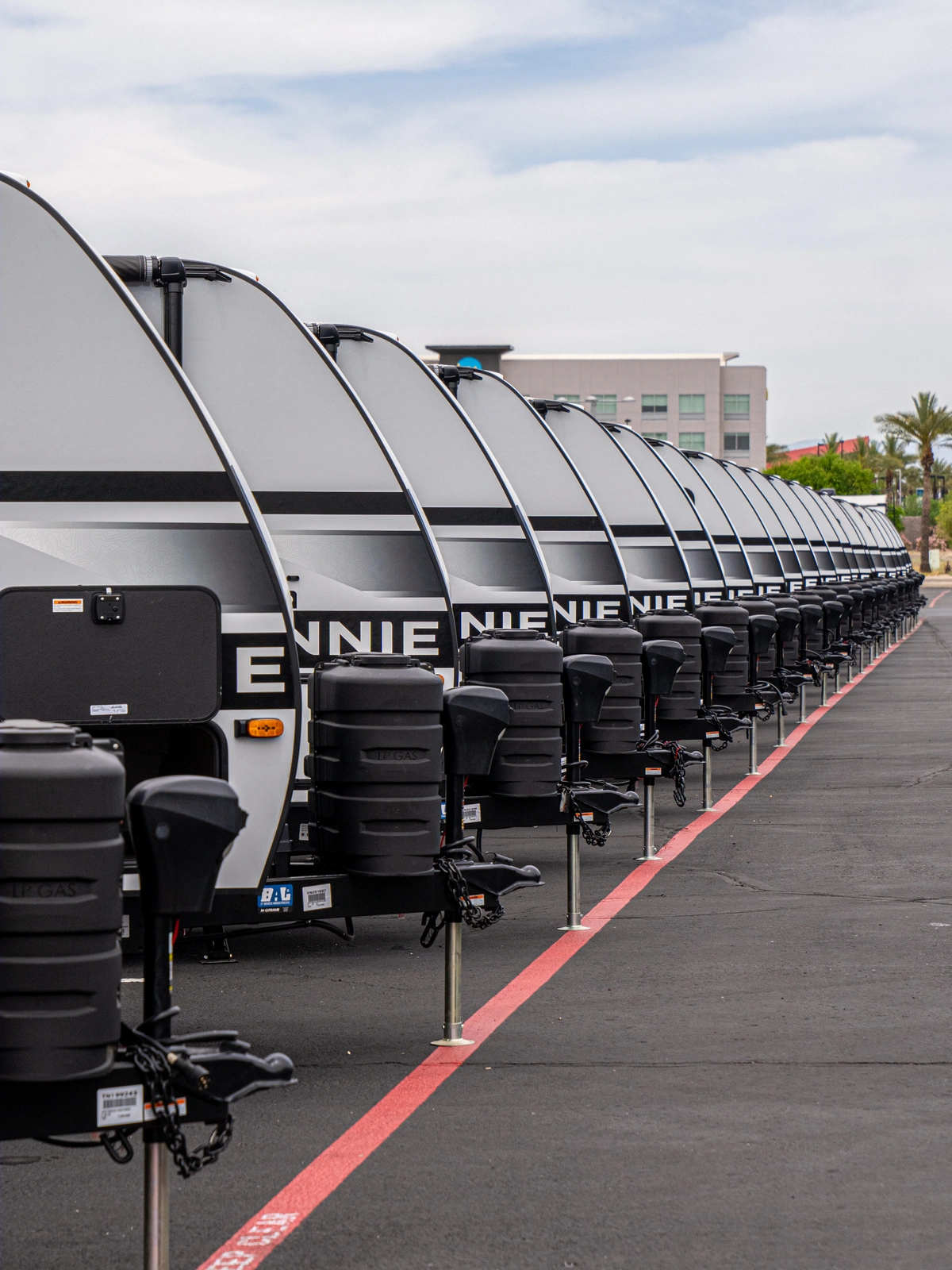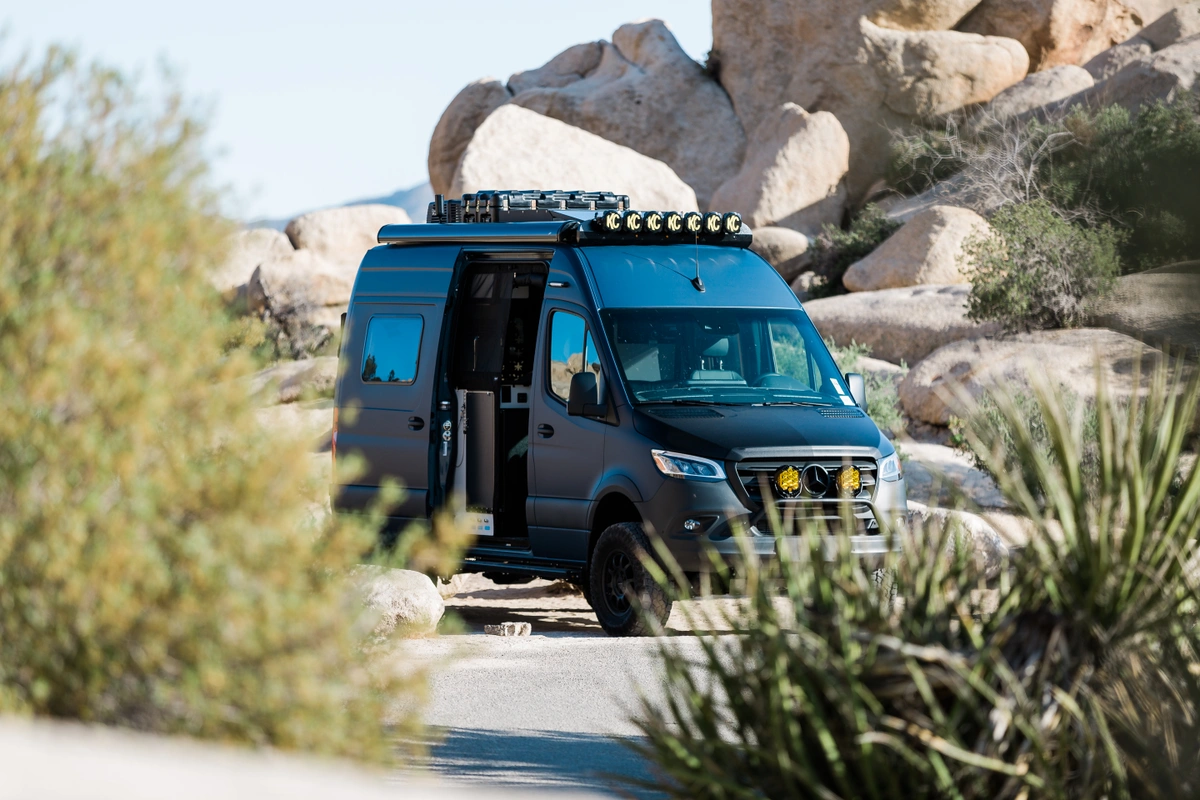More than 11 million American families own RVs, according to the RV Industry Association. Recreational vehicles are a great way to enjoy a family vacation and see the United States without having to wait in airports or the hassle of packing and unpacking repeatedly. However, in you live in the northern portion of the country, you'll likely want to park your RV after the first frost until the weather warms up in the spring, unless of course you head south for the winter. This means winterizing your RV.
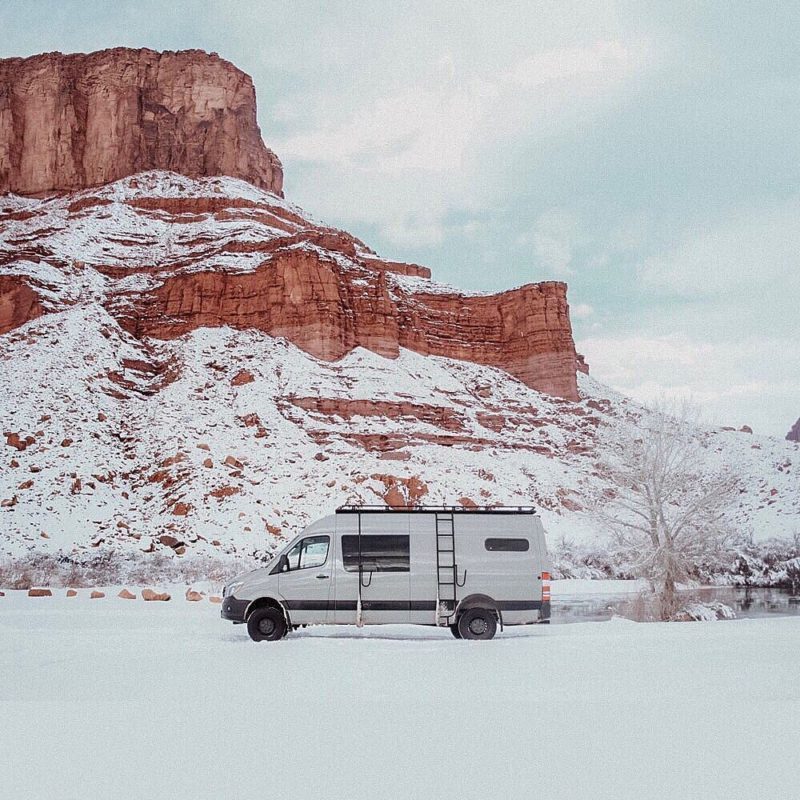
Why Winterizing your RV is Important
Winterizing your RV helps protect your investment and ensure that your RV will be in good shape and ready to use when spring comes around. It also helps to prevent any costly repairs and vacation delays when you go to use your RV again next season. The good news is that winterizing your RV isn't complicated. It just means putting together the right products and equipment and spending a day or two getting the job done. The time you spend this fall will more than pay off in time saved next spring.
What you need to winterize your RV
So, what do you need to winterize your RV? Below is a list of the 10 most important things.
Antifreeze, designed for your RV.
One of the most important parts of winterizing your RV is to drain the water from your RV's water system and replace it with potable (non-toxic) antifreeze especially designed for RVs. You can do this by draining the water holding tank, turning on the sink taps and flushing the toilet until the water is gone. Use the pump (listed below) to empty out the water lines and cap the drains and turn off the taps. For most RVs, you'll need two gallons of antifreeze.
Our Winterization 101 article offers a good step-by-step run-down on winterizing your RV.
Water heater by-pass kit (if not already installed).
If your RV doesn't already have a water heater by-pass, you'll need a kit to make this happen. You need to by-pass the water heater so that the water heater doesn't fill up with antifreeze before the antifreeze goes to the water lines.
Water pump converter kit.
As we mentioned above, the water pump converter kit helps to pump the water out of your lines and pump in the antifreeze. The standard kit includes a brass fitting, a siphon hose, an adapter and pipe tape.
Cleaning wand.
While you're adding the anti-freeze, it's a good idea to clean your water tanks to make sure that no mold or debris is left in them.
Non-abrasive RV cleaner.
Cleaning the exterior of your RV not only gets rid of the year's dust, dirt and grime, but makes it easier to see any damage to the siding that might have occurred during the season.
RV roof cleaner.
The typical RV roof takes a lot of abuse during the camping season. Make sure it's clean and ready to go for next year with special RV roof cleaner.
RV sealant (if you find any cracks).
You'll need a sealant if you find any cracks or other damage when you're cleaning the exterior of your vehicle and/or the roof. RV sealant comes in a tube, similar to caulking, and can be easily applied directly from the tube. Make sure that you buy the product that corresponds with the material used on your RV's exterior or roof (fiberglass, metal, rubber roofing).
Air vent covers.
Air vent covers aren't essential for winterizing, but they allow air to circulate throughout the RV, even in winter, without moisture entering the vehicle. The good news is that you use these covers during the summer, too, which helps to keep the interior of your RV from getting too hot, even during imperfect weather.
Rodent repellant.
Repellant is much preferable to mousetraps or mouse bait for several reasons. One, it's kinder to the animals. It encourages them to keep out without having to kill them. Secondly, it doesn't leave dead and decaying rodents in your RV over the winter, where they can create a smelly mess to be discovered when you open up the RV in the spring. There are several chemical products on the market that will send the message that you RV is off limits to mice and other critters.
Damp Rid or similar product.
A closed-up RV can easily acquire that damp, mildewy smell if you aren't careful. Not only is that smell unpleasant, but it can aggravate allergies and breathing issues for those who are susceptible to such things. Better to prevent that smell from ever taking hold. Damp Rid acts as a natural dehumidifier, pulling moisture from the air and trapping inside the container.
Winterizing your RV doesn't have to be complicated and will save you a lot of headaches in the spring plus help your vehicle to last longer. To learn more about finding the RV that's right for you and your family, visit La Mesa RV online or in person. We've been one of the nation's top RV dealers since 1972.
